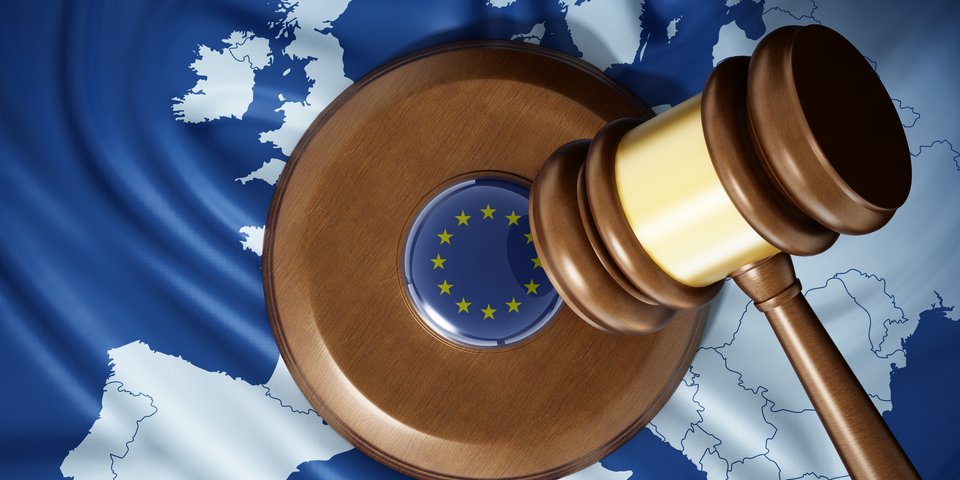 iStockphoto/adventtr
iStockphoto/adventtrMember States rights regarding approval of the EU-Singapore free trade agreement
ECJ confirms that the Member States have the right to co-approve.
SW – 07/2017
The EU cannot ratify on its own the free trade agreement (FTA) negotiated with Singapore in 2013 because it contains rules which does not fall exclusively within the competence of the EU.
This decision was made by the European Court of Justice and published in an opinion on 16 May 2017. According to the judges, not all parts of the FTA fall within the exclusive competence of the EU. For example, the national parliaments would have to agree to the arrangements for investor-state dispute settlement. In the judges’ opinion, disputes would be taken from the jurisdiction of the Member States and according to the ECJ this cannot be imposed without their consent.
However, in the judges’ opinion, the majority of the provisions in the agreement fall within the exclusive competence of the EU. This includes all provisions related to services and sustainable development because these are a part of the EU’s common commercial policy.
The chapter on sustainable development in the EU-Singapore FTA states that the social protection of workers and the environment are mutually reinforcing components of sustainable development and that sustainable development forms part of the goals of the FTA between the EU and Singapore.
The ECJ stated that the competence of the EU does not extend to regulating levels of social protection. Such rules would fall within the division of competences between the European Union and the Member States. The provisions in the agreement are not intended to regulate levels of social protection but rather to regulate trade between the EU and Singapore. In this context, the liberalisation of trade would be subject to the condition that the parties comply with their obligations regarding the social protection of workers. As such, the chapter falls within the common commercial policy and is within the exclusive competence of the Union.
The opinion of the European Court of Justice sets a precedent for other free trade agreements such as the ratification of the CETA treaty already concluded between the EU and Canada. The German Social Insurance has been following the negotiations over CETA and other FTAs because they contain rules which also affect social security such as social services.
Background
Free trade agreements negotiated by the European Union on behalf of the Member States must be approved by the Council of Ministers and the European Parliament. However, according to various Member States, the EU-Singapore free trade agreement signed in 2013 contains provisions which go beyond the scope of traditional free trade agreements. Germany was one of the countries that considered the Singapore FTA to be a ‘mixed agreement’. These require the national parliaments to be involved and to ratify the agreement (see DSV report).
The Commission had therefore asked the European Court of Justice in Luxembourg to clarify this issue with regard to the free trade agreement with Singapore.
